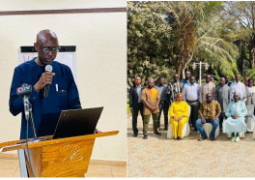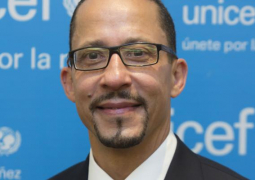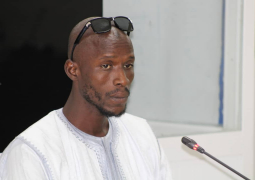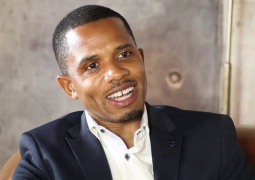The youth unemployment rate has increased to over 41.5% of the population as between 15 and 35 years is unemployed. The lack of job opportunities and limited access to education and training is believed to have contributed to this problem, which has had huge social and economic consequences.
The Gambia is a small West African country with a population of approximately 2.3 million people. According to the World Bank, the Youth unemployment rate in The Gambia is high, with over 41:5% of the population.
While The Gambian government and International organisations are working to address the issue by implementing various initiatives aimed at addressing the high rate of youth unemployment through entrepreneurship programmes, skills training, vocational education programmes and attracting foreign investment to promote Economic growth, youth unemployment is expected to persist in the near future.
In an interview with The Point, many young people expressed frustration with the lack of job opportunities and limited access to education and training. They feel that their skills and potential are not being fully utilised and so they are unable to achieve their goals and aspirations.
Abdoulie Krubally, the Youth Councillor of the Banjul City Council (BCC) advised the government to start working with all local councils to establish a public-private enterprise and invest in it to support the youth to involve them in skill businesses.
He thus urged the government to also initiate the introduction of new factories to address unemployment in the country.
“Government should be in the forefront in making sure that policies and programmes are put in place to see that my fellow youth engage themselves into meaningful activities that will impact their lives and their families,” he suggested.
Fatoumatta Sannah, a youth activist and the founder of Fatima’s Pad Drive, stated that the high rate of youth unemployment in The Gambia is attributed to various factors, which she said could force unemployed youth to engage in criminal activities including the use of drugs and stealing.
“Youth unemployment in The Gambia remains the biggest challenge serving as a stumbling block for economic growth. This is because there is no job market and innovation. Young people graduate from the university every year and almost half of them remain unemployed.”
Miss Sanneh noted that they need practical solutions and a fair redistribution of resources.
Omar Gaye, a school dropout and a resident of Sinchu Baliya, expressed disappointment and frustration over government’s inability to address the issue of youth unemployment.
“I feel that I have been left behind and that our voices are not being heard,” he said, adding that the most difficult issue is to wake up every morning and ask your parents for your breakfast. These always sadden me and it breaks my heart and I sometimes feel very ashamed of myself,” he said.
He appealed to the government and non-governmental organisations to help the young people as they are willing to do something that would benefit them.
Omar Bah, the programme officer at the National Youth Council, explained that in their quest to address youth unemployment, the National Youth Council with the support from their partners has trained and supported youth on entrepreneurship and skills development and also recruited and placed interns in various organisations.
“We have been conducting a series of awareness raising on opportunities available for young people in the country and also conducted pitching competitions to advance economic growth.”





